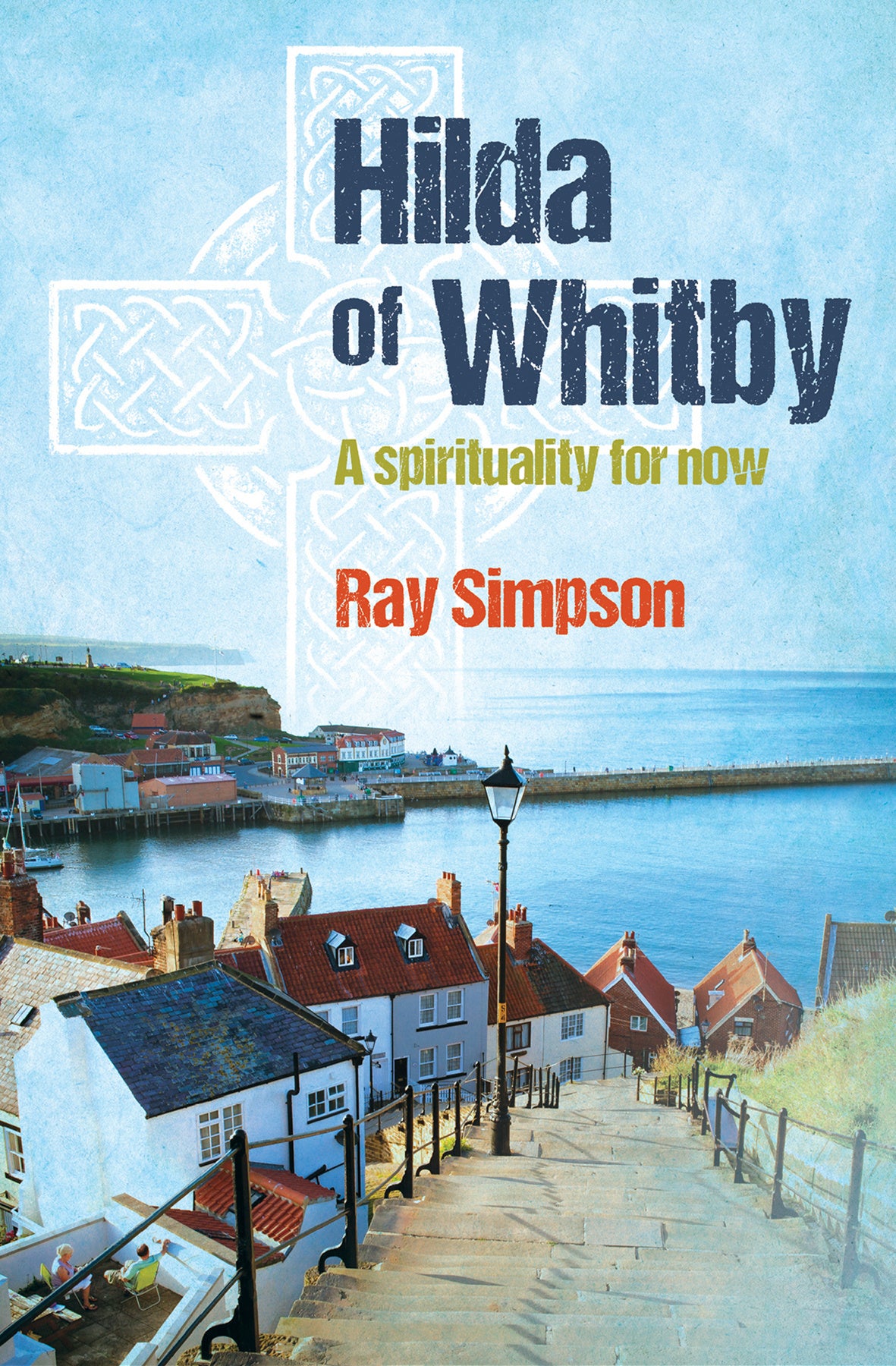
Her first encounter with Christianity happens after her uncle Edwin wins power, encountering a vision of Christ which leads to the family's baptism. But victory is short term and Hilda is forced into exile in the Christian kingdom of the East Angles, holding on to her newfound faith while others cast it aside.
Hilda returns north after power passes to the Christian ruler Oswald, who now sets out to reconvert the people of the area, inviting Aidan of Ireland to lead the work.
Hilda had only known Christianity with Roman roots. She now comes into direct contact with Celtic Christianity for the first time and discovers a stark difference in terms of lifestyle, approaches to mission, models of church and the requirements of soul friends to assist personal faith development.
She was planning to become a nun and depart overseas but Aidan convinces Hilda to stay and sets her on the path of her life's work of pioneering monasteries and establishing learning for men and women. The Celtic church has no qualms over women leadership, unlike the Roman church.
Having set the scene, Ray goes on to unfold the story of Hilda's work at Hartlepool and Whitby, drawing out key lessons for our own age from her life, work and legacy, and through questions for reflection, encourages personal application.
Just before Hilda's birth, Hilda's mother had a vision of light cast across Britain from a necklace - a vision that St Bede, writing in his Ecclesiastical History of the English People (completed 731AD), regarded as being fulfilled through Hilda. This light Ray Simpson now projects into our own age.

